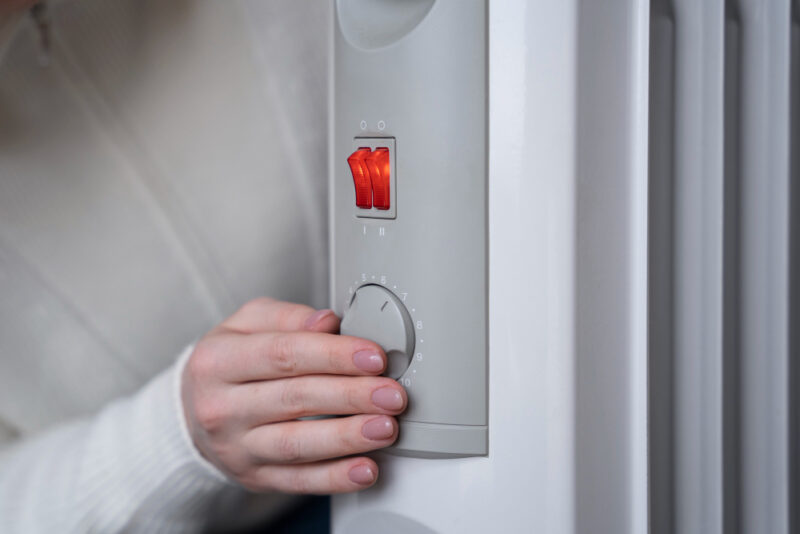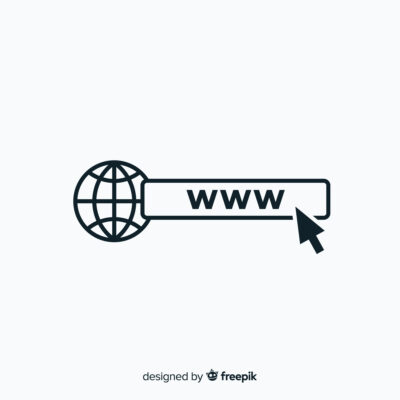As winter approaches and temperatures drop, we rely on hot water more than ever to keep us comfortable and clean. But if your current water heater is not providing you with enough hot water or is taking longer to heat up, it may be time to consider upgrading to an electric water heater.
These modern appliances are the perfect solution for those who crave a reliable and efficient source of hot water that can meet the demands of their household.
Here, we will explore the benefits of water heaters and provide you with a comprehensive guide on how to replace your old model with a new one. We’ll cover everything from selecting the right size and type of water heater for your home, to installation and maintenance tips, to ensure that you get the most out of your investment.
Benefits of electric water heaters
Electric water heaters are becoming increasingly popular due to their numerous benefits over traditional gas water heaters. One of the key benefits is their energy efficiency, which can significantly lower your energy bills. Electric water heaters don’t have a pilot light, which means they don’t waste energy when not in use.
Additionally, they heat water faster and more consistently, providing a constant supply of hot water for your needs. Electric water heaters are also more environmentally friendly, as they don’t produce harmful gases like carbon monoxide.
With electric water heaters, you can also enjoy a longer lifespan and lower maintenance costs as they have fewer parts that can break down. Overall, upgrading to an heater can offer you a more comfortable and cost-effective solution for your hot water needs.
When to replace your heater
As a homeowner, it’s important to understand when to replace your heater to ensure that you have a reliable source of hot water. The lifespan of an heater typically ranges from 10 to 15 years, but there are several factors that can impact its longevity, such as the quality of the unit and the level of maintenance it receives.
Signs that indicate it may be time to replace your heater include a decrease in hot water output, frequent breakdowns, leaks, and rust-colored water. It’s important to address these issues promptly to avoid potential safety hazards and costly repairs.
If you’re unsure whether it’s time to replace your heater, it’s best to consult with a qualified HVAC technician who can assess the condition of your unit and provide recommendations for replacement options. By upgrading your heater, you can enjoy improved energy efficiency, reduced utility costs, and a more comfortable living environment.
Choosing the right size heater
When upgrading your water heater, choosing the right size heater is crucial to ensure optimal comfort and efficiency. The size of your heater will depend on the hot water demand of your household. Overestimating your hot water needs will result in unnecessary energy consumption and expenses, while underestimating your needs will lead to insufficient hot water supply.
The first step in choosing the right size heater is to determine the peak hot water demand in your home. This can be achieved by calculating the number of hot water fixtures in your home and their flow rates.
Once you have determined this, you can consult with a licensed plumber or electrician to determine the appropriate size for your electric water heater upgrade.
It is important to note that an oversized water heater can lead to temperature and pressure issues, while an undersized water heater can lead to a shorter lifespan and increased energy costs. By choosing the right size heater, you can upgrade your comfort and efficiency while minimizing your energy expenses.
Installation process overview
Before attempting to replace your electric water heater, it’s important to understand the installation process. Here’s an overview of what you can expect:
- Turn off the power supply: Before beginning any work with electrical appliances, it’s essential to turn off the power supply. This can be done by switching off the breaker that controls the water heater in your home’s electrical panel.
- Drain the water: Once the power is off, the next step is to drain the old water heater. This can be done by attaching a hose to the drain valve and allowing the water to flow out into a nearby drain or bucket.
- Disconnect the old unit: Once the water has been drained, the next step is to disconnect the old water heater from the electrical and plumbing connections. Care should be taken to ensure that any electrical connections are safely disconnected.
- Install the new unit: With the old unit removed, it’s time to install the new heater. This involves connecting the electrical and plumbing connections and ensuring that everything is securely in place.
By following these steps, you can successfully replace your heater and enjoy a more efficient and comfortable home. However, if you are not comfortable with the installation process, it’s always best to seek professional expert assistance at water heater replacement in Melbourne FL who can give the best installation service and replacement for your heater.
Maintenance and troubleshooting tips
- To ensure the longevity and optimal performance of your new water heater, it’s important to provide proper maintenance and troubleshoot any issues that may arise. Here are five maintenance and troubleshooting tips to help you get the most out of your new appliance:
- Regularly flush the tank to remove sediment buildup, which can reduce efficiency and lead to premature failure.
- Check the anode rod regularly and replace it as needed. The anode rod helps prevent corrosion inside the tank, but over time, it will deteriorate and need to be replaced.
- Insulate the hot water pipes to reduce heat loss and increase efficiency. This will also help prevent pipes from freezing during the winter.
- Check the temperature and pressure relief valve periodically to ensure it’s functioning properly. This valve is designed to release pressure if it builds up inside the tank, and a malfunctioning valve can lead to dangerous situations.
- If you experience any issues with your electric water heater, such as no hot water or inconsistent temperatures, check the electrical connections and circuit breaker before calling for professional help. In some cases, a simple reset may solve the problem.
Overall, upgrading to a heater can provide numerous benefits to homeowners. Not only are they more energy-efficient and cost-effective over time, but they also offer a higher level of safety and convenience.
By understanding the installation process and selecting the right size and type of heater for your home, you can ensure a seamless transition to this more advanced and modern technology. Don’t hesitate to contact a professional and experienced plumber to assist you with your electric water heater installation and upgrade your home’s comfort today.










